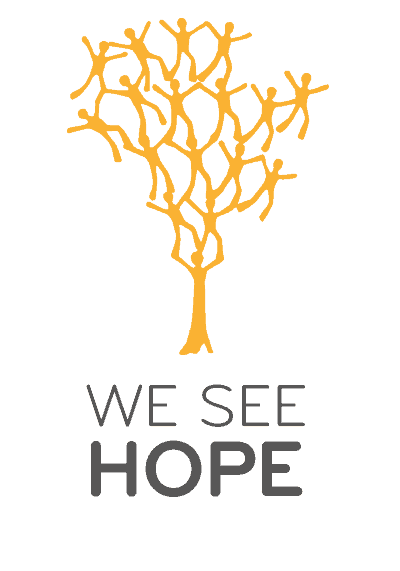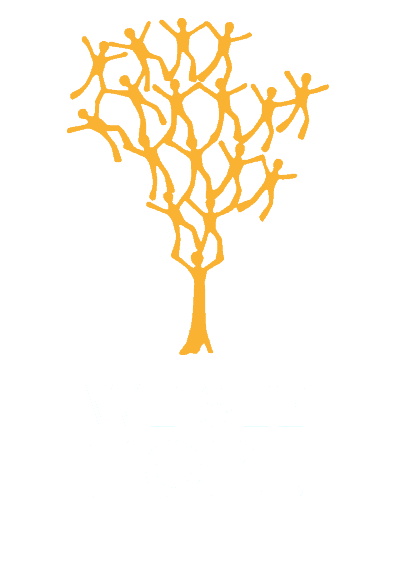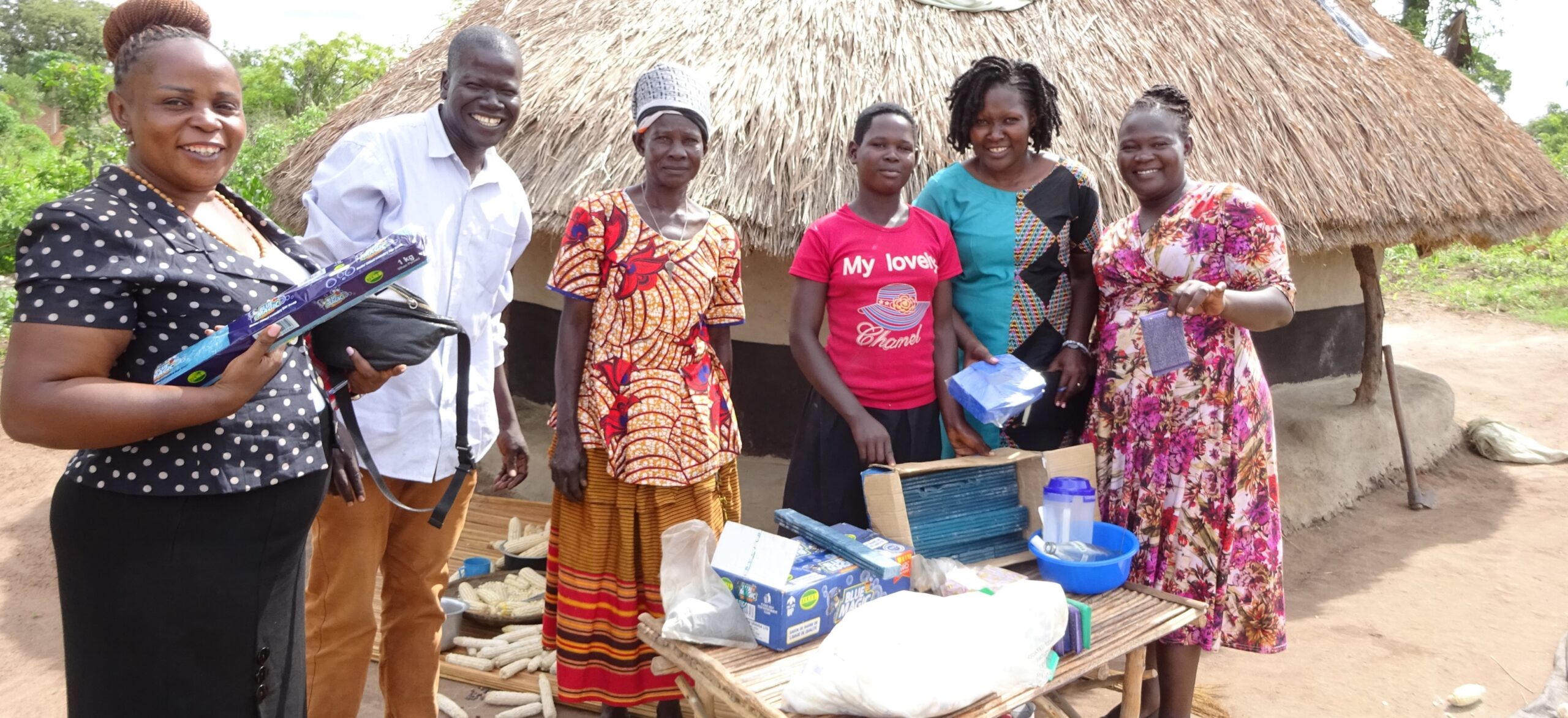
HOW WE WORK
Valuing the essential role of local experts, all of our programmes are developed and delivered in partnership with in-country NGOs and community-based organisations who are specialists in community and child development.
These partnerships are the foundation for everything we do.
An extension of the WeSeeHope team, our partners manage the programs in communities and carry out all needs assessments, training sessions, data and case study collection, and monitoring visits. They are responsible for nurturing strong relationships with community leaders and volunteers, and for building their capacity to run the programs independently.
OUR APPROACH
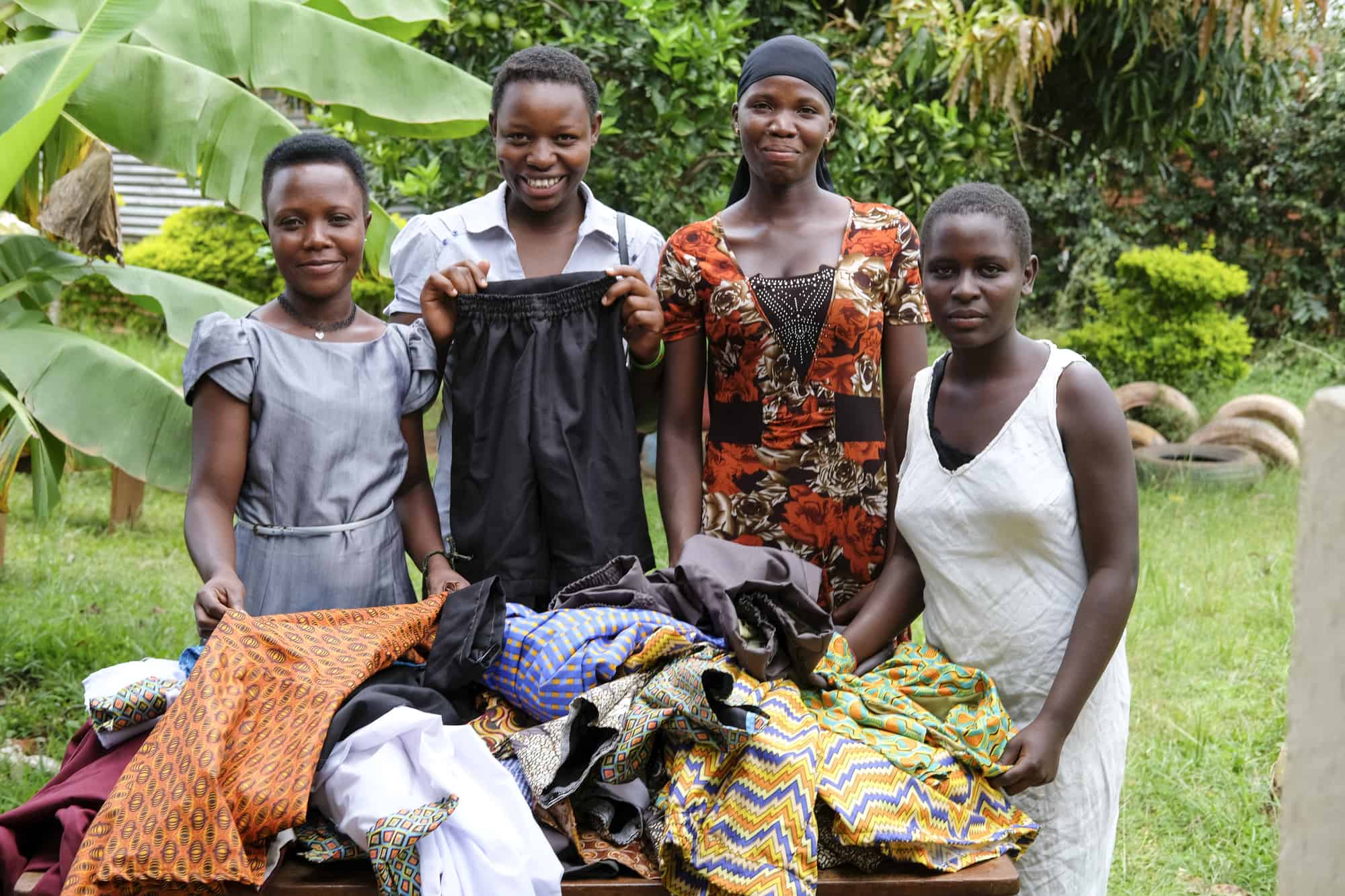
PARTNERSHIP AND COLLABORATION
We always partner with in-country organisations to develop and deliver our programmes. We work in many different regions throughout the countries we work in across Sub-Saharan Africa – from east to west, north to south, rural to urban – and with communities where children face complex and diverse challenges.
Collaborating closely with organizations who are focused in a specific region and understand the local context allows us to respect these differences, tailor our programs, and work in the most effective and impactful way possible.
UNDERSTANDING AND RESPECT
We always seek to understand the breadth of challenges that vulnerable children face in the different communities and countries in which we work. By respecting their differences, we can work closer and smarter with our partners to ensure our programs are best suited to their needs.
Working closely with our partners helps us to do this. Before we start working in a community, they meet with local leaders and community members to uncover the specific problems that vulnerable children are facing there. They research social, health, education and economic factors so we can work hand-in-hand to create the most sustainable impact.
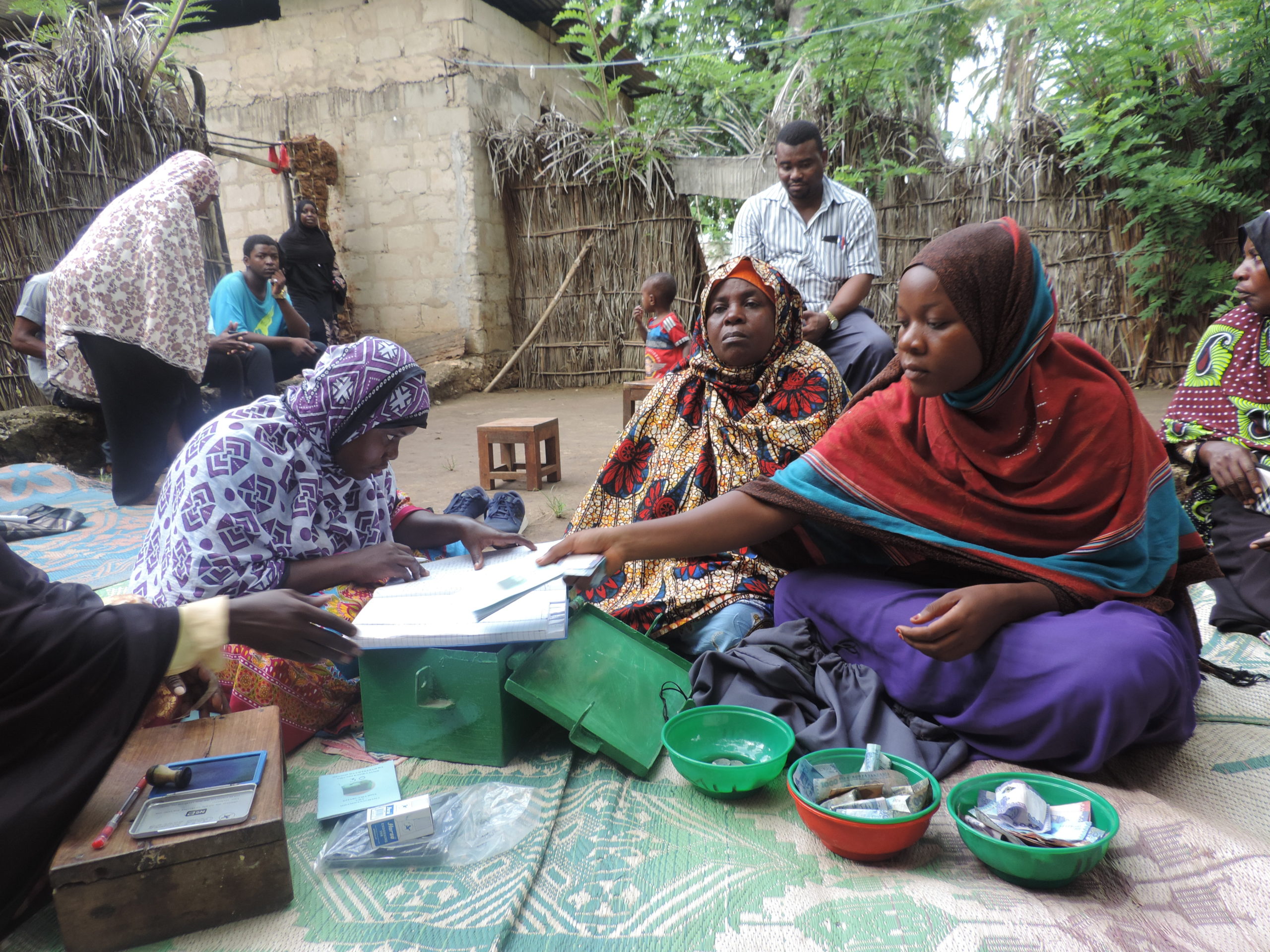

UNDERSTANDING AND RESPECT
We always seek to understand the breadth of challenges that vulnerable children face in the different communities and countries in which we work. By respecting their differences, we can work closer and smarter with our partners to ensure our programs are best suited to their needs.
Working closely with our partners helps us to do this. Before we start working in a community, they meet with local leaders and community members to uncover the specific problems that vulnerable children are facing there. They research social, health, education and economic factors so we can work hand-in-hand to create the most sustainable impact.
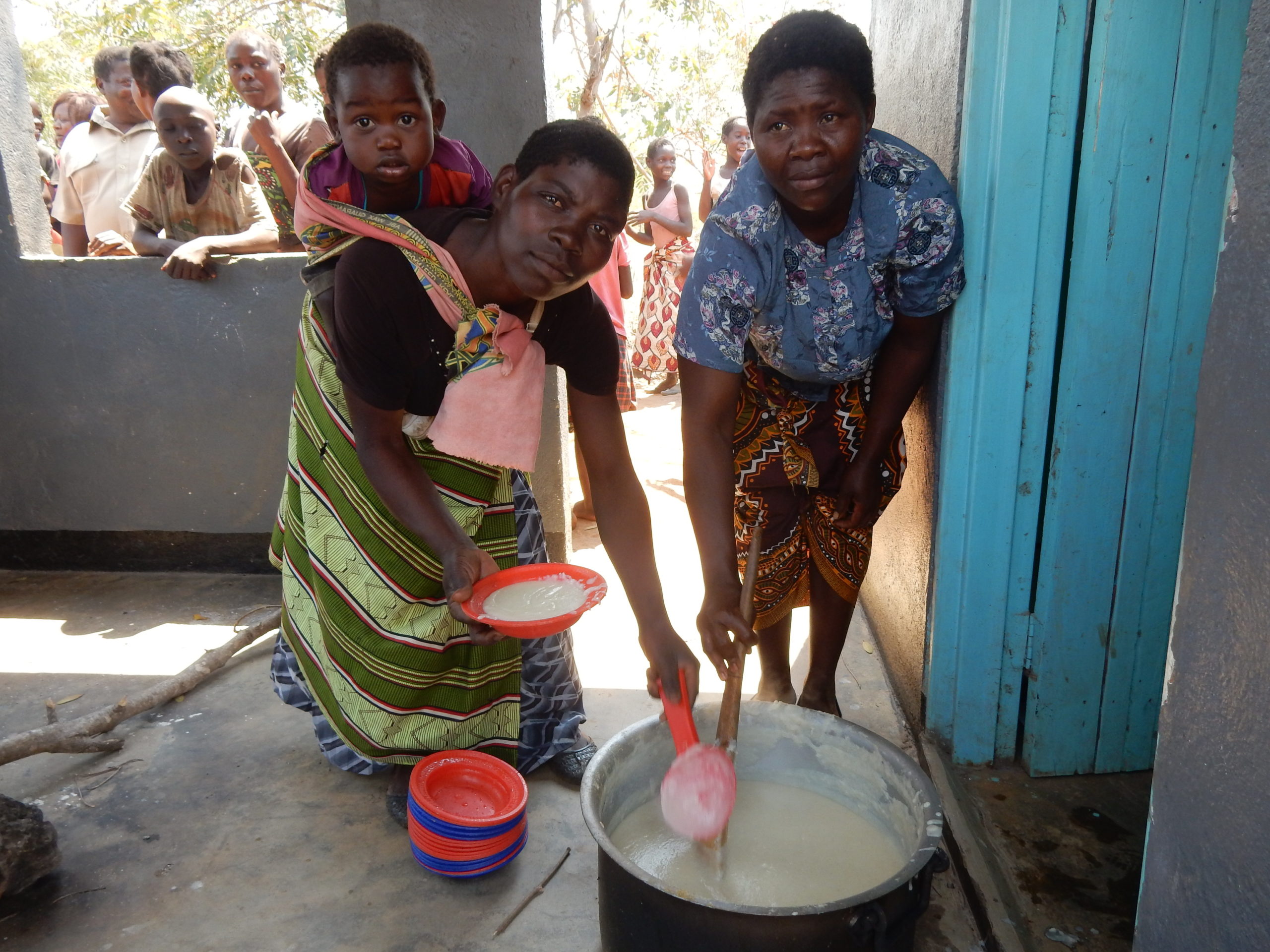
LISTENING AND LEARNING
We always listen to community members, local leaders and our partners to learn from the successes and challenges of our programs.
We visit each of our partners a minimum of twice a year. We listen to the children, parents and guardians, and community members who are part of our programs to learn about what’s going well and what isn’t.
Combined with detailed reports, financial audits and impact assessments that we require from each of our partners, this means we can constantly improve and deepen our impact.
COMMUNITY OWNERSHIP AND PARTICIPATION
We always train community members and local leaders in the running and management of our programmes. Involving them from day one ensures that activities can be sustained independently of our support.
When we are confident in a community’s ability to run our programs, we move on with our partners to identify others in need. We believe working in this way creates longevity in our programs and enables us to use our resources to reach more vulnerable children in other communities.
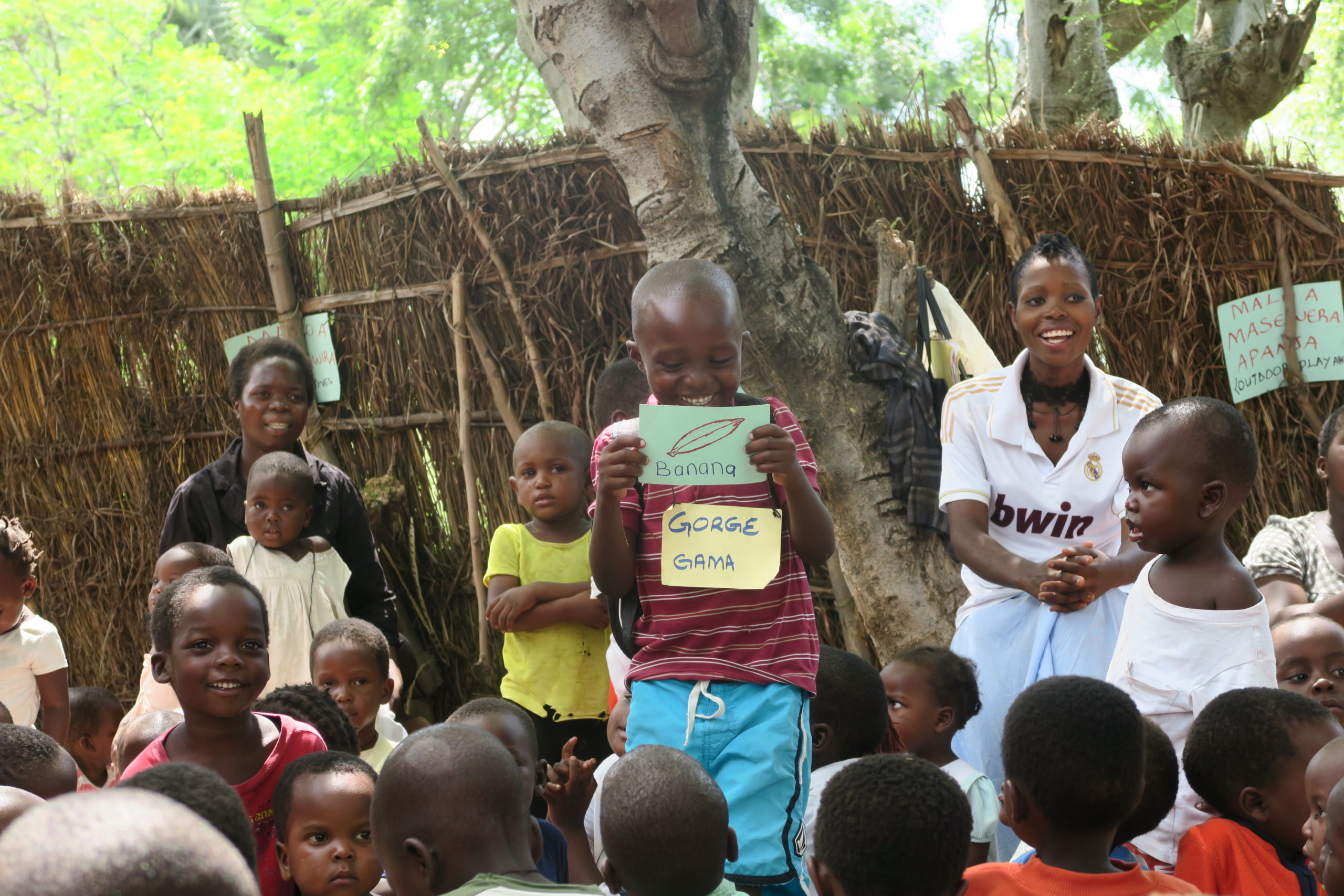

COMMUNITY OWNERSHIP AND PARTICIPATION
We always train community members and local leaders in the running and management of our programmes. Involving them from day one ensures that activities can be sustained independently of our support.
When we are confident in a community’s ability to run our programs, we move on with our partners to identify others in need. We believe working in this way creates longevity in our programs and enables us to use our resources to reach more vulnerable children in other communities.
